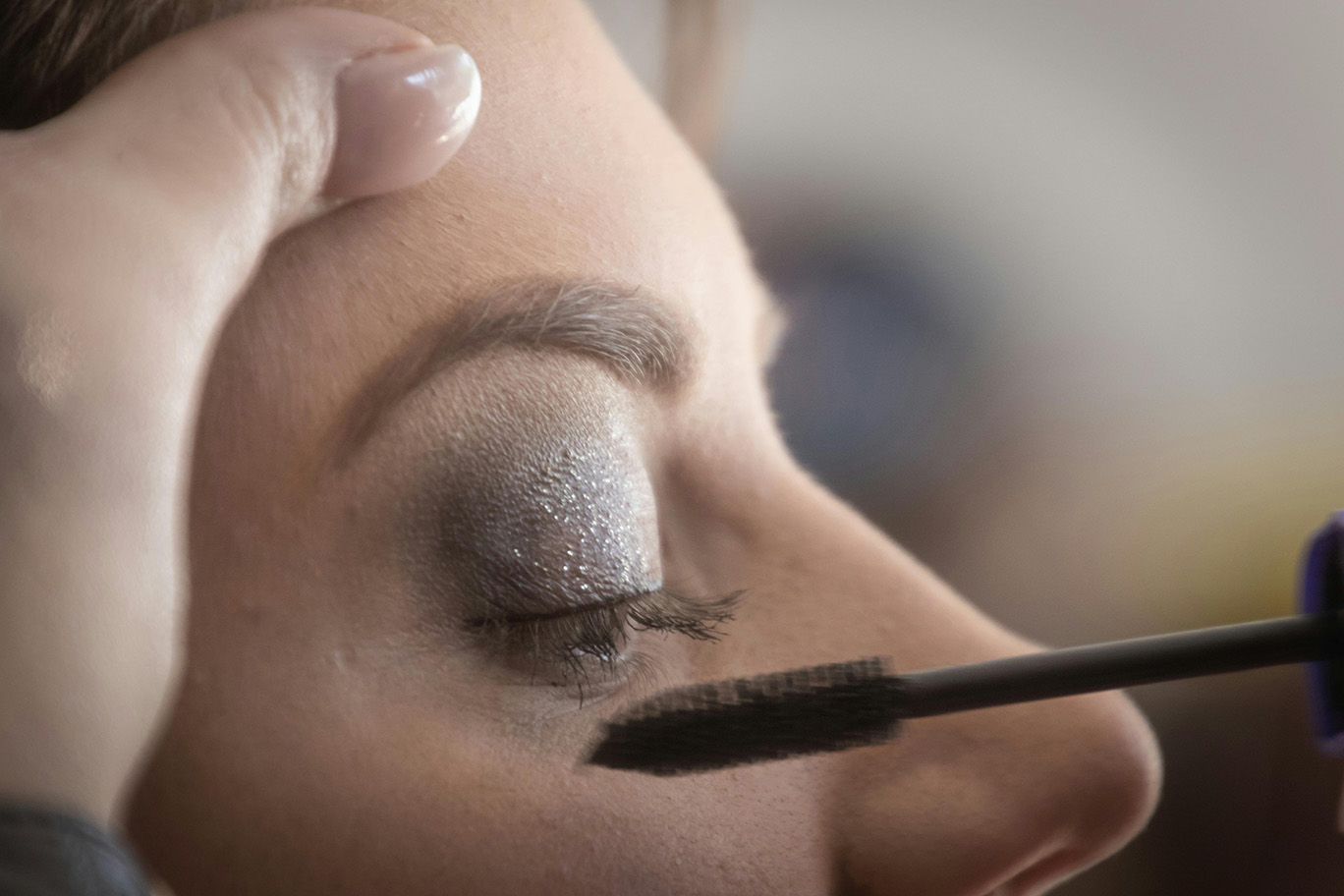Blog

National Eye Health Week - Eyecare for life
Posted: 20/09/2022
- In the under 3 age group, initial checks are carried out soon after birth and at their regular checks by a healthcare professional such as a health visitor. During the early years, babies and toddlers’ eyesight develops as they grow. Any issues such as an unusual or white pupil, squint (turn) in one or both eyes or any parental concerns during this period should be checked by an optometrist or the GP to rule out any developmental or other problems
- Around the age of 3 and a half, children should be taken to the opticians to start having regular eye tests. This should be a part of getting ready for starting for ‘big’ school a year or so later
- During childhood, children should be encouraged to spend as much time outdoors as possible as this helps with normal eye development and screens such as phone or tablets should not be placed or held too close to their eyes. Screen time should be limited to not much more than a couple of hours a day outside of school hours, but there is no need to completely ‘ban’ screens – they are a normal part of everyday life and can be aids for both social and educational development
- Regular breaks after every 20 minutes for just 20 seconds, looking away from the screen and blinking 20 times is recommended for all screen users. This can help prevent your eyes from becoming tired and dry
- Eye tests should continue every 2 years, or more often as recommended by your optometrist

- Sunglasses are important throughout life (to reduce UV exposure), as is a healthy diet filled with plenty of colourful fruit and vegetables. Oily fish are beneficial too whereas highly processed vegetable (trans) fats should be avoided. High amounts of simple sugars in the diet may be implicated in some eye conditions
- OCT eye scans to get baseline readings and to check the health of the eyes in depth become more important in adulthood and these can be done in a few minutes at a routine eye examination
- In the 40’s to 50’s it is normal to start to need reading glasses, even if you have had no eye problems before. Eye diseases such as glaucoma become more prevalent, so if you have got out of the habit of having eye examinations, now is the time to start looking after yourself again!

- The over 60 age group should continue to be helping themselves to stay healthy – keeping a normal body weight with normal cholesterol levels, blood sugar levels and blood pressure and of course not smoking will all help to reduce the risk of developing age-related eye diseases such as macular degeneration
- Regular eye examinations should continue throughout life – and it is important to seek urgent attention in between eye tests if any sudden changes are noticed such as sudden onset of distortion, blurring, flashes or floaters or a curtain across the vision, or of course any pain. Conditions that are picked up quickly can be treated faster leading to better outcomes and we are lucky that so many eye conditions that were untreatable in years gone by can now be treated thanks to modern medical practice!
Contact us in for an eye examination or for advice.
< Back




